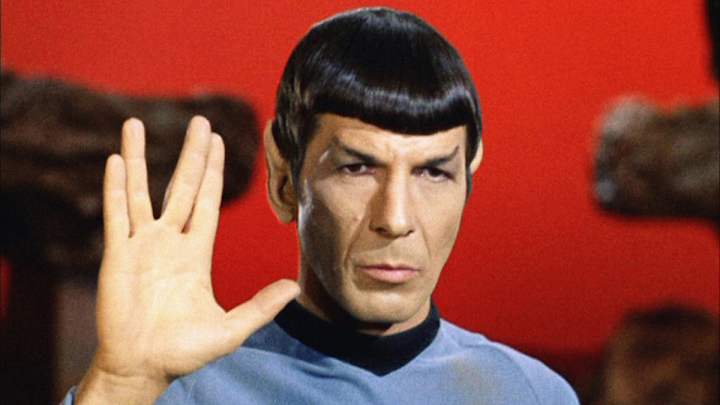Since its debut on September 8, 1966, Star Trek: The Original Series has transcended entertainment to become a powerful force for change. This iconic science fiction series sparked imagination and optimism about the future, inspiring advancements in science, technology, culture, and social progress. Nearly 60 years later, the impact of the series continues to resonate, reminding us of the hopeful possibilities that lie ahead. In this article, we explore six remarkable ways Star Trek has changed the world for the better, demonstrating how the main keyword and its broader influence have shaped our society and culture.
Advancements in Science and Technology
One of the most profound impacts of Star Trek: The Original Series is its influence on modern science and technology. The visionary ideas presented in the show, such as automatic sliding doors, cell phones, Bluetooth earpieces, tablets, and 3D printers, were once purely science fiction.
Today, these inventions are everyday realities, many inspired by the futuristic technology imagined in the series. Star Trek has inspired NASA collaborations and engineers, pushing humanity toward new frontiers. In medicine and space exploration, the visions foreshadow biometric health monitoring and needleless delivery methods. The legacy of the series continues to fuel research and innovation across disciplines.
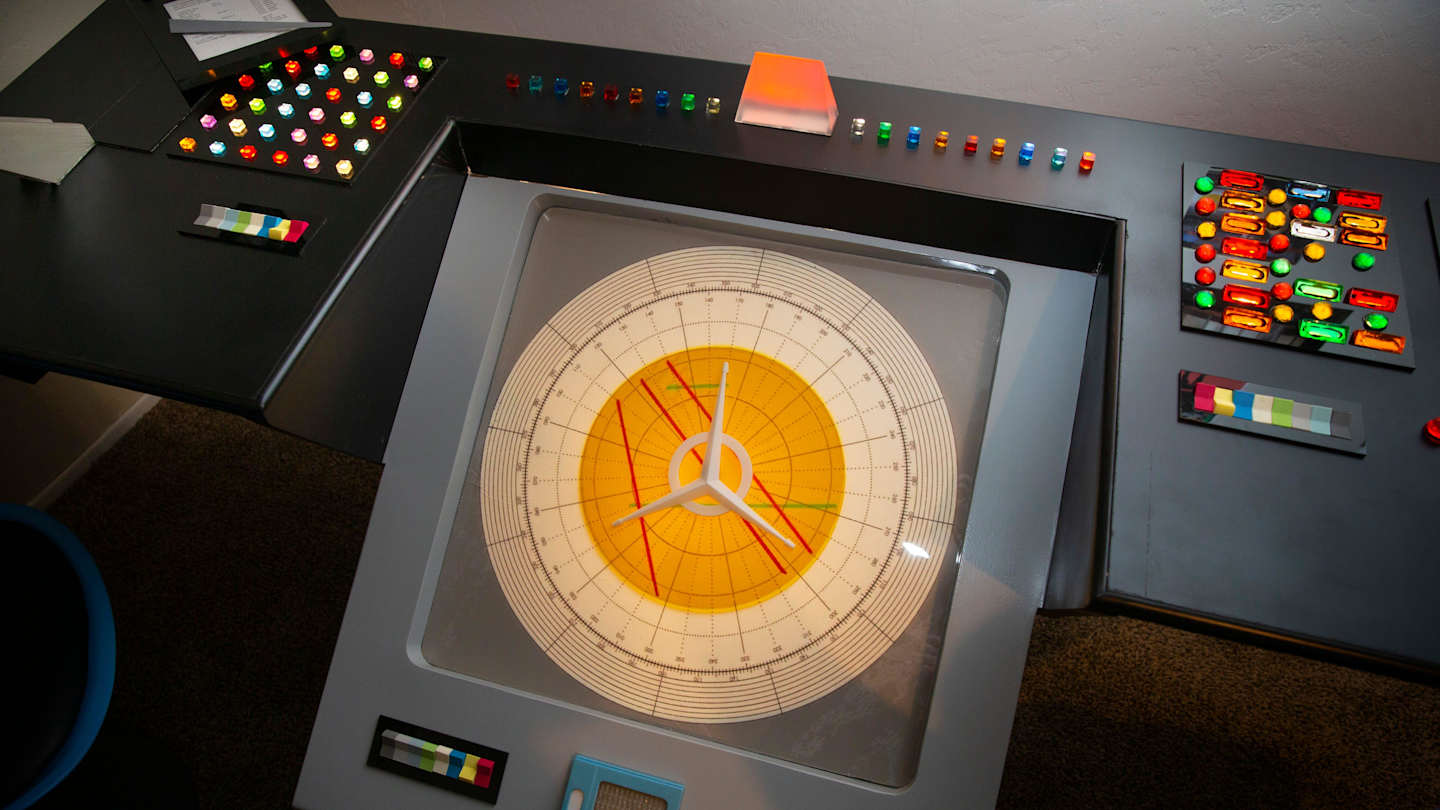
Social Commentary and Cultural Influence
Star Trek: The Original Series used its science fiction platform to address complex social issues such as genocide, slavery, gender identity, and xenophobia. By framing these topics within the context of space and alien encounters, the show provided a unique and approachable way to prompt critical thinking and social awareness. This approach allowed audiences to engage with challenging ideas without feeling threatened, fostering a more thoughtful and open-minded society.
The cultural imprint of the series is evident in academia, internet culture, and everyday life. Professors have employed episodes to teach philosophy and logic, while iconic imagery from the series has become popular in memes and digital communication, including the Vulcan salute emoji. Star Trek has left a lasting mark on academia and online culture as a whole.
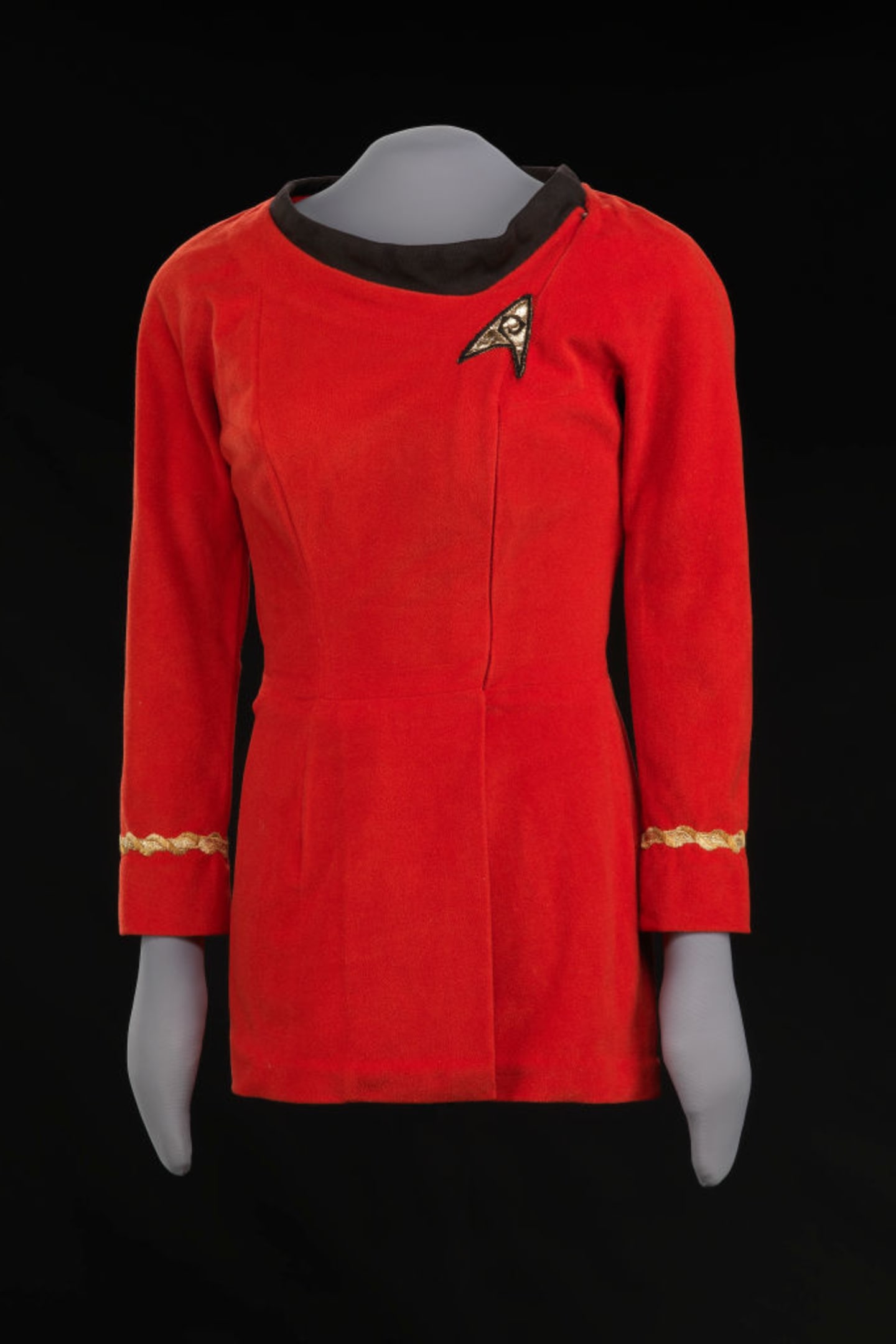
Women’s Rights and Representation
In a moment when female characters were often marginalized, Star Trek: The Original Series broke new ground by portraying women in leadership and professional roles as equals to their male counterparts. This representation reflected and supported the feminist movements of the 1960s, showcasing women who were both intelligent and empowered.
While some critics debated the show’s costume choices, Star Trek’s inclusive approach highlighted how the franchise embraced progressive fashion as a form of liberation. Actress Nichelle Nichols, who played Lieutenant Uhura, became an iconic figure inspiring countless women to pursue careers in science, technology, and beyond.
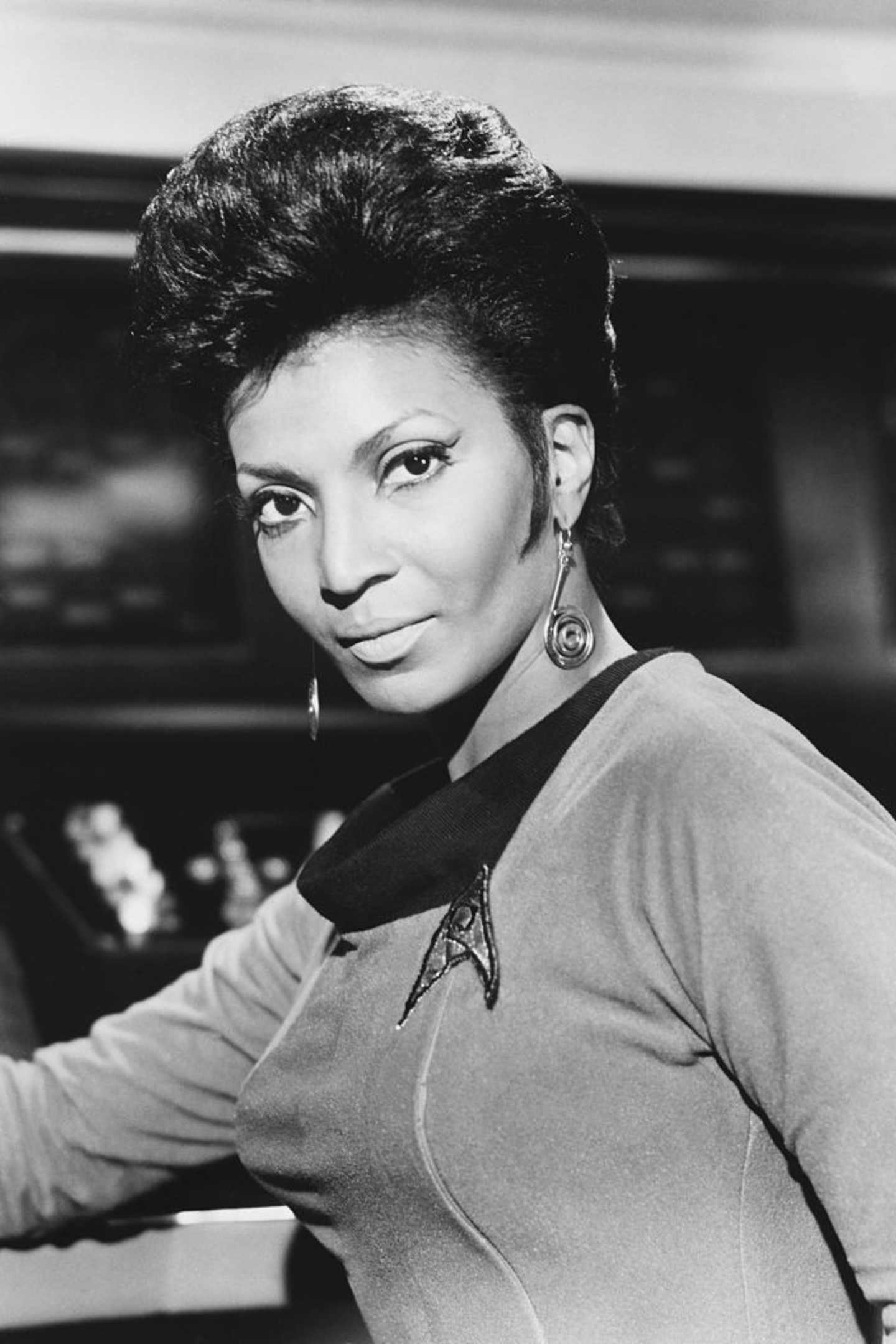
Diversity and Inclusion
Star Trek: The Original Series was pioneering in its commitment to diversity, featuring one of the first interracial casts on American television. The crew included Uhura, a Black woman, Sulu, of Japanese descent, and Chekov, a Russian, working together during an era of rigid social divisions. This casting challenged societal norms and promoted a vision of unity.
Perhaps most famously, the show aired the first interracial kiss on American television between Uhura and Captain Kirk, a bold statement that sparked controversy but ultimately encouraged greater acceptance of interracial relationships. Through these portrayals, Star Trek: The Original Series contributed significantly to social progress, illustrating how Star Trek has changed the world for the better by fostering inclusivity.
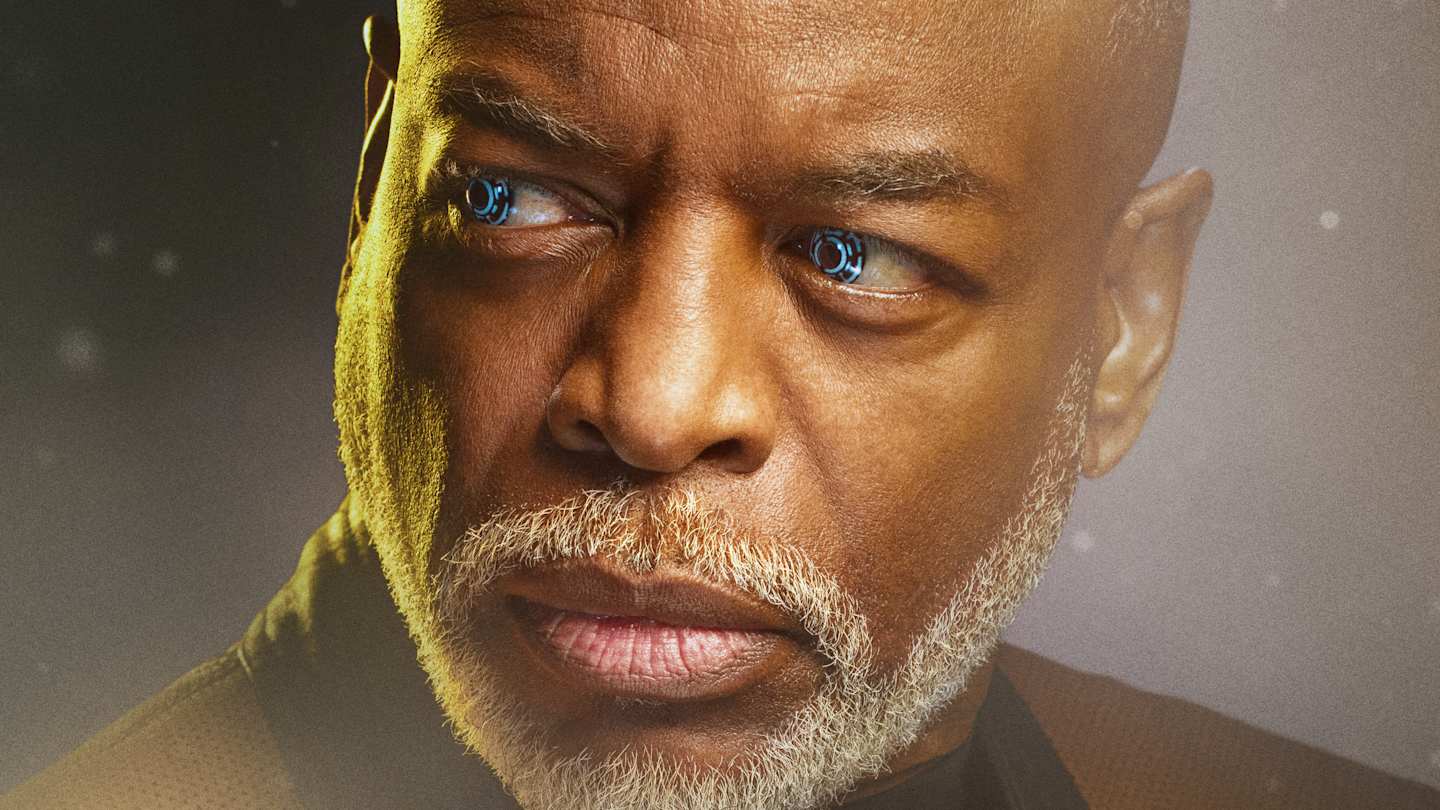
Disability Representation
Unlike many contemporary media that erased or ignored disability, Star Trek: The Original Series presented a future where disabilities were accommodated and normalized. Characters like Geordi La Forge, who is blind yet highly capable using his visor and implants, exemplify this progressive approach. His disability is not portrayed as a limitation to be fixed but as a unique strength that contributes to the crew.
This respectful and empowering representation was rare for its time and remains influential today, demonstrating how Star Trek has changed the world for the better by promoting disability inclusion in media.

A Brighter Future Through Optimism
At a time when much of science fiction dwelled in dystopia, Star Trek: The Original Series offered a hopeful vision of the future. Gene Roddenberry’s optimism showed a universe where diverse species cooperate for peace and equality, poverty is eradicated, and moral discourse thrives. This hopeful outlook has inspired generations to strive for a better world, encouraging collaboration and empathy. The legacy of the series continues to provide a blueprint for a kinder, more enlightened future, one where humanity can boldly go where no one has gone before.
Conclusion
Star Trek: The Original Series is far more than a cult classic; it is a catalyst for real-world progress. From technological innovation and social justice to cultural inclusivity and optimistic futurism, the series embodies a legacy of positive change. As we continue to explore new frontiers, Star Trek has changed the world for the better by inspiring us to imagine and work toward a future filled with hope, diversity, and possibility. The voyage that began over half a century ago still lights the way forward today.

